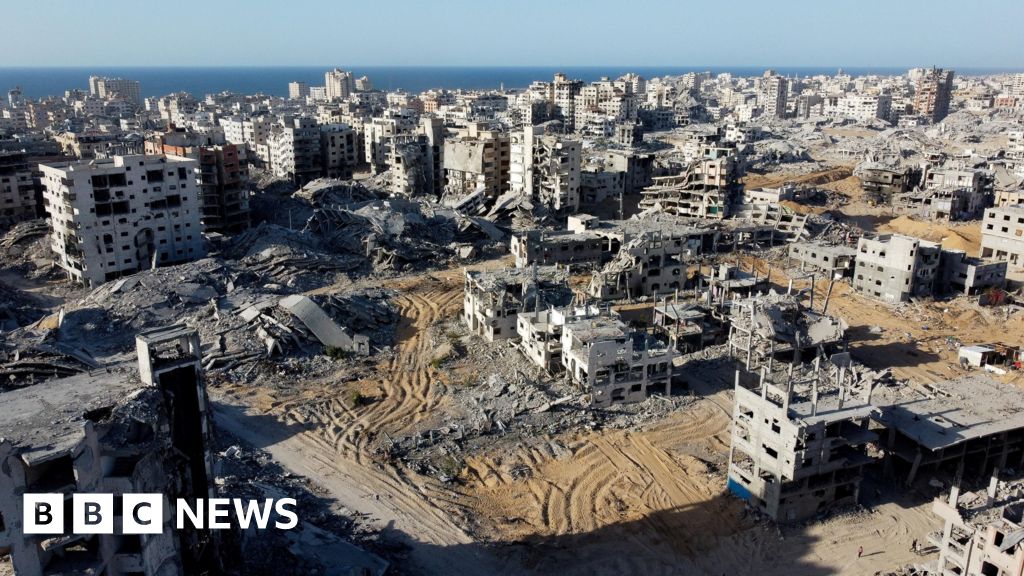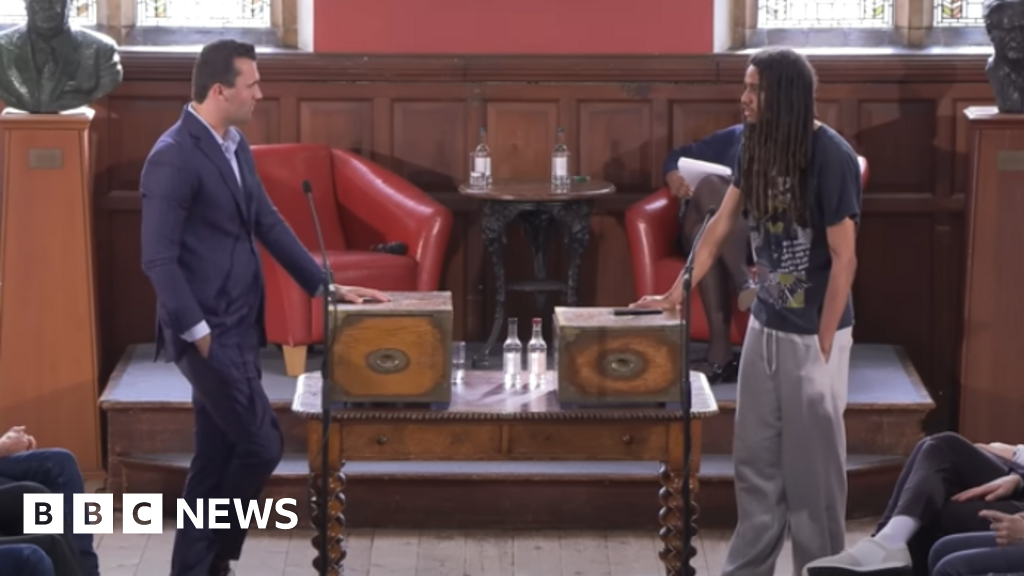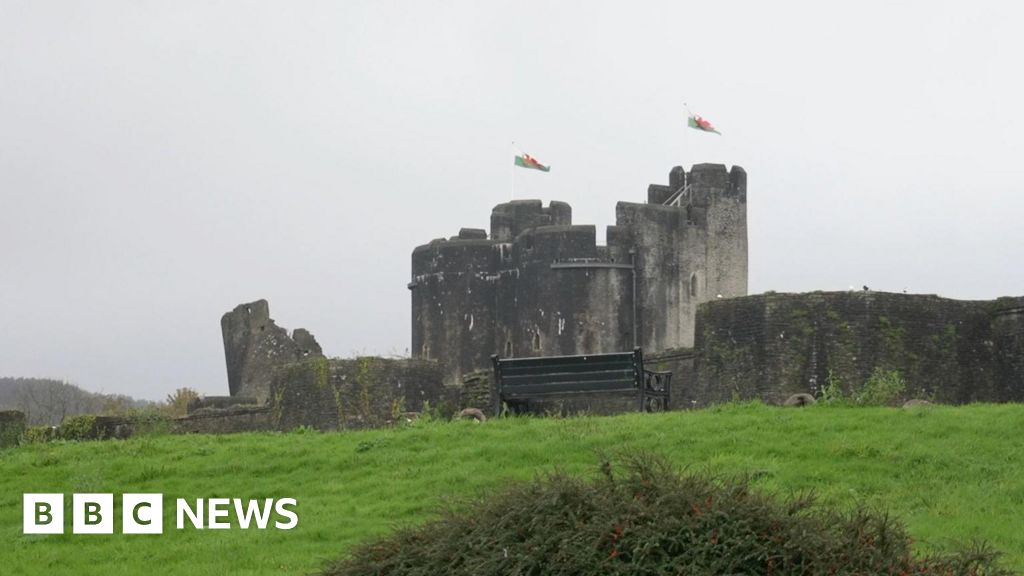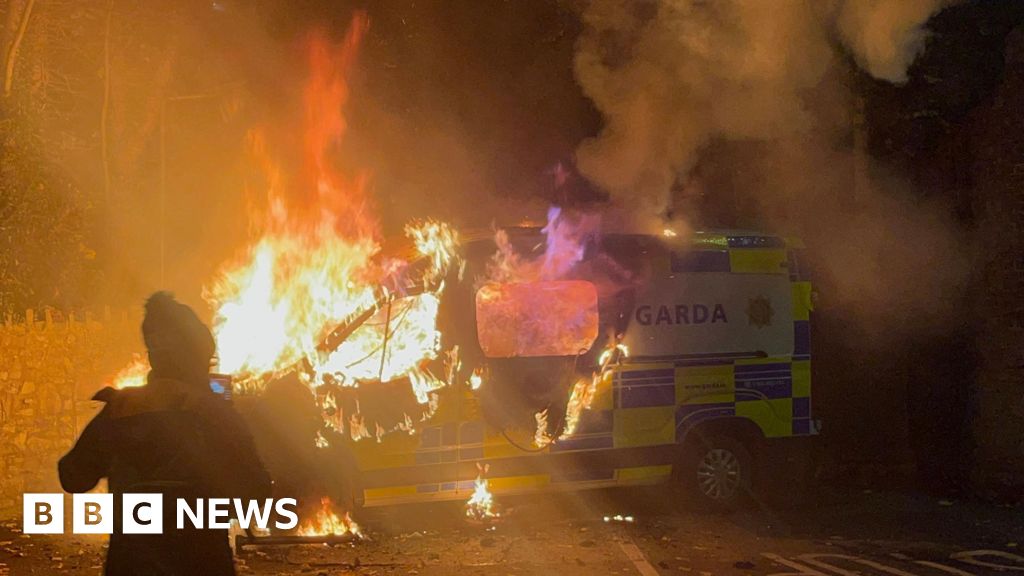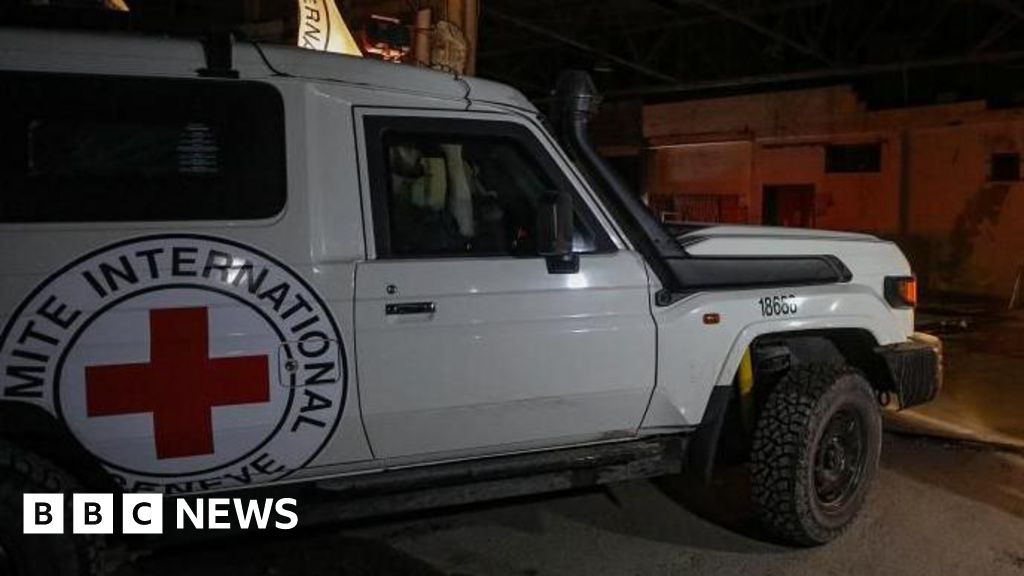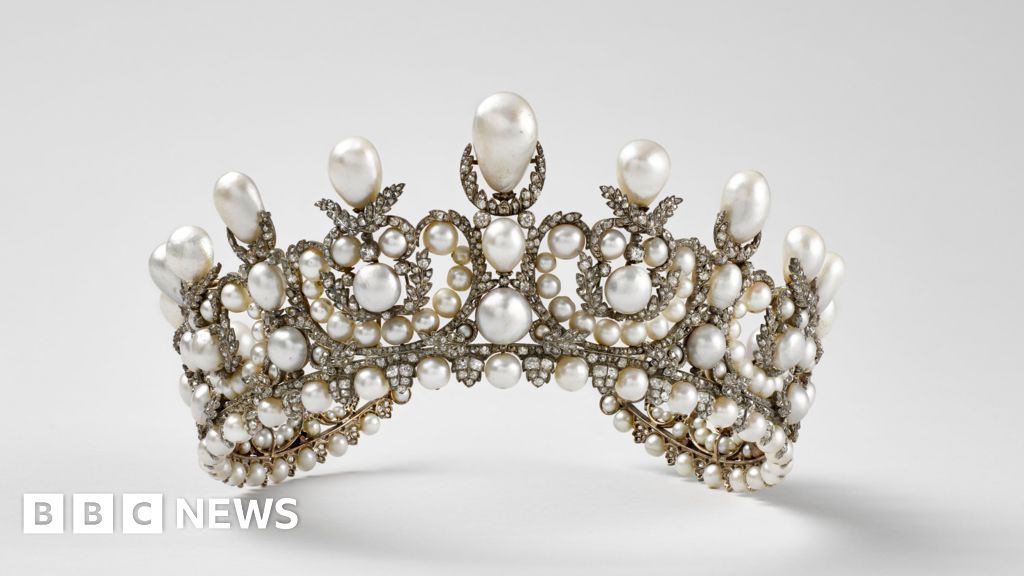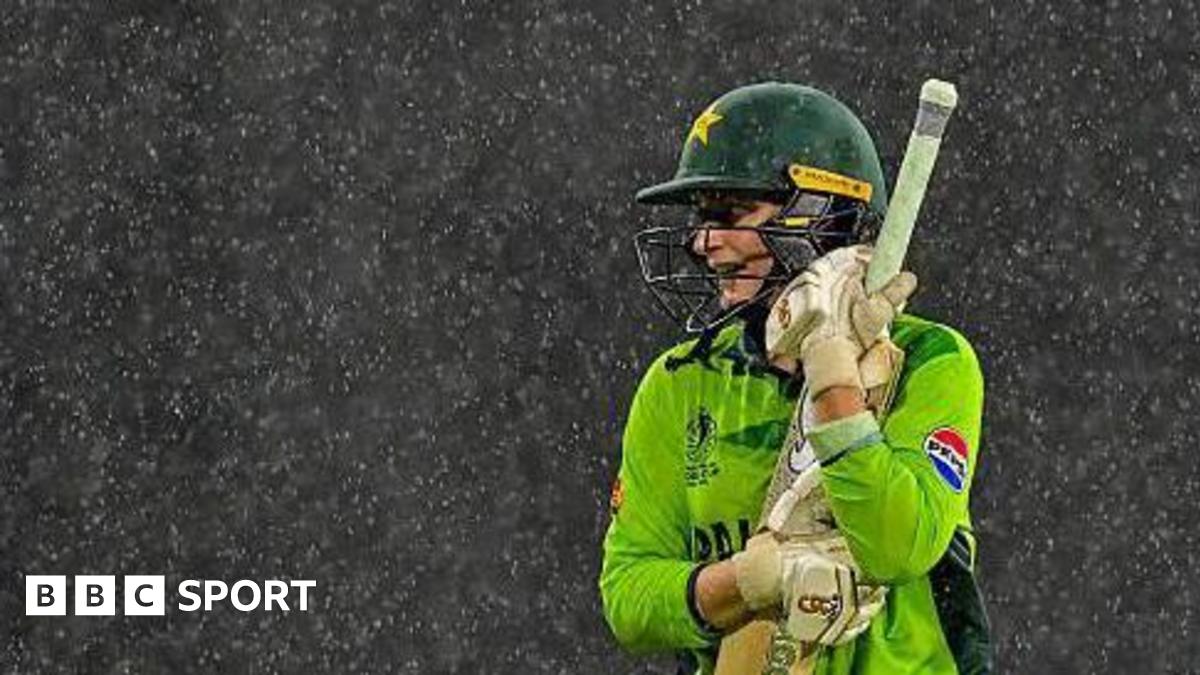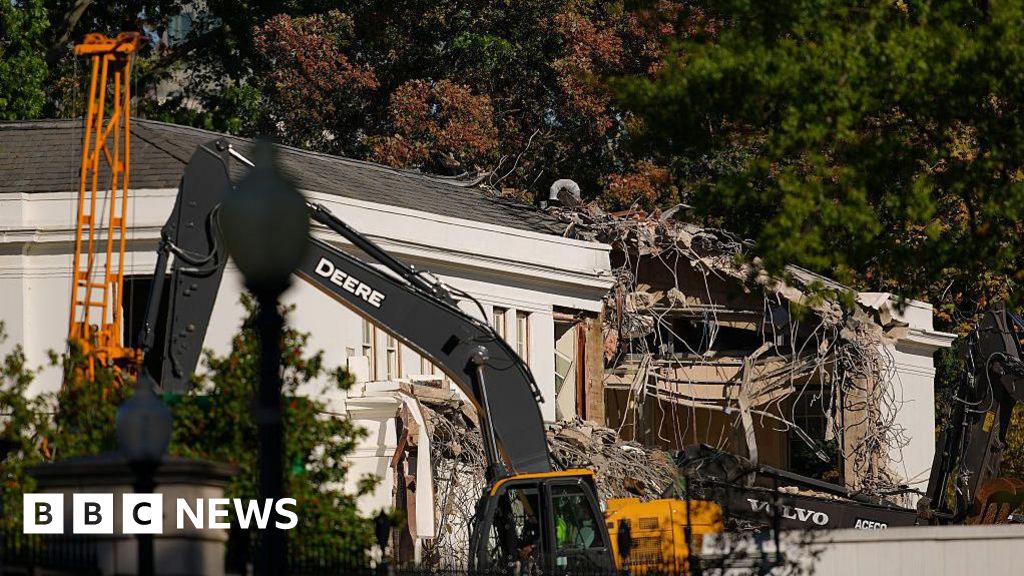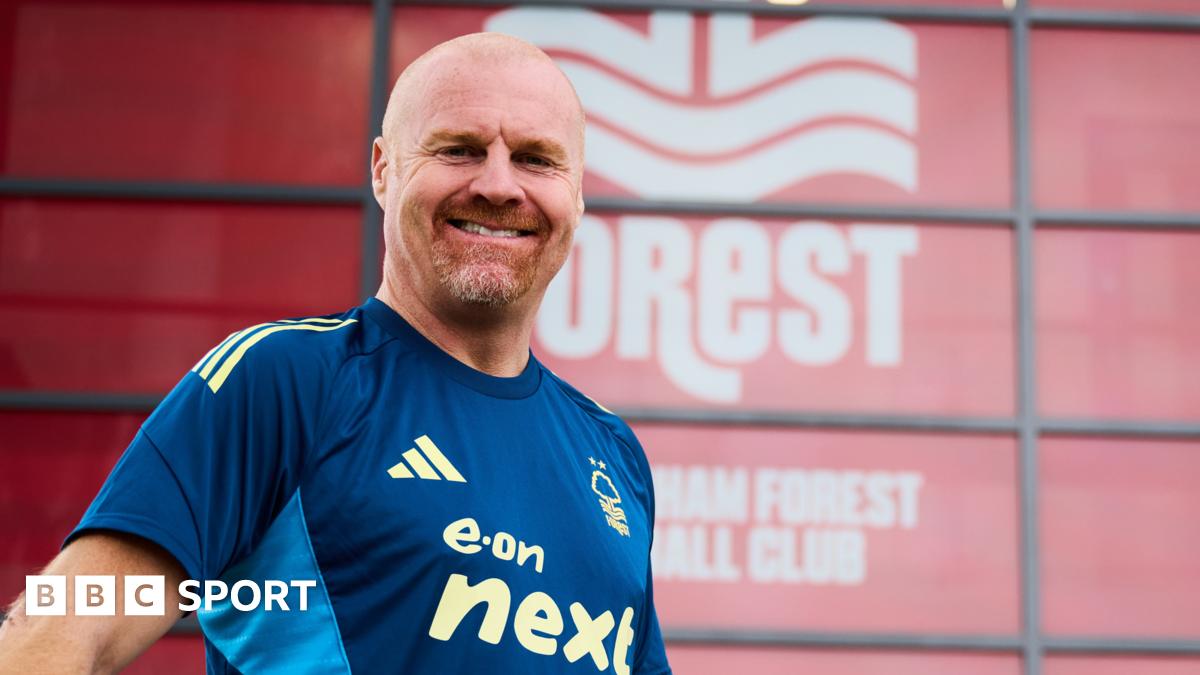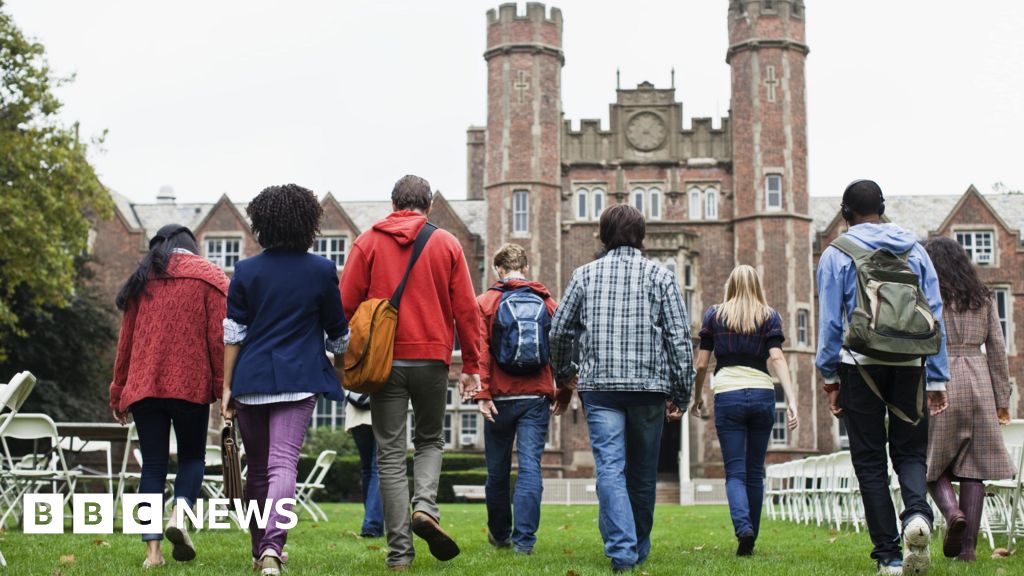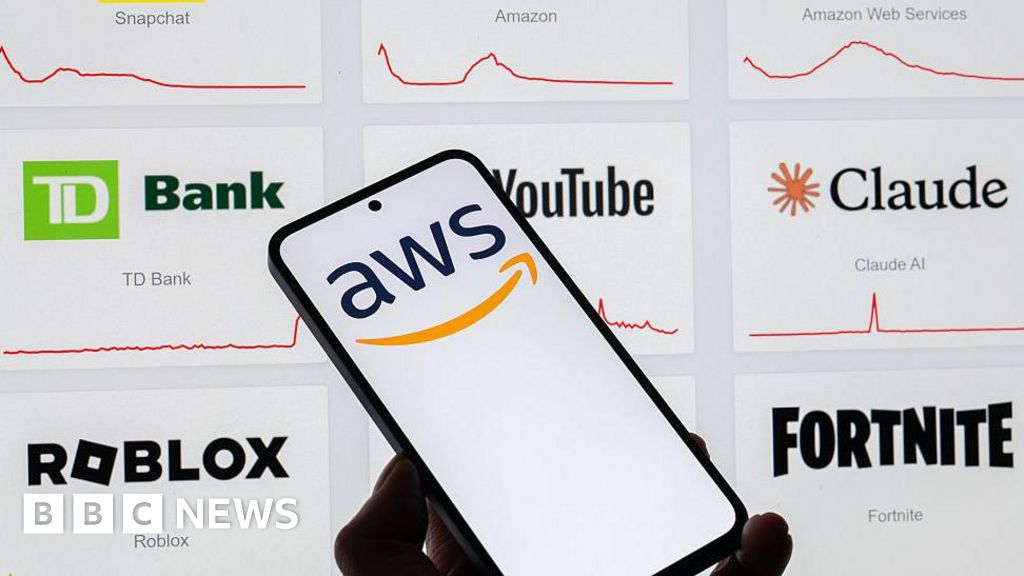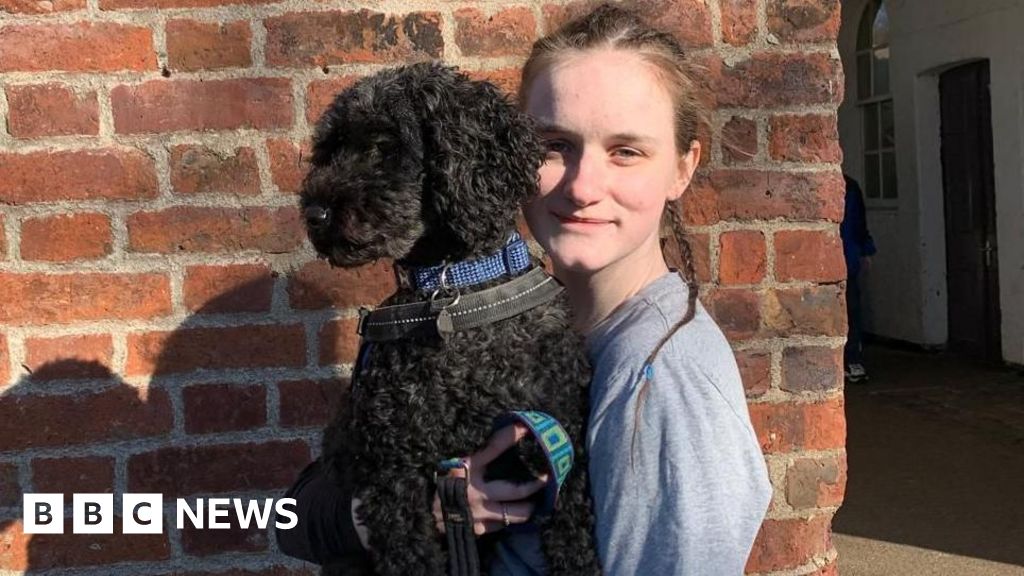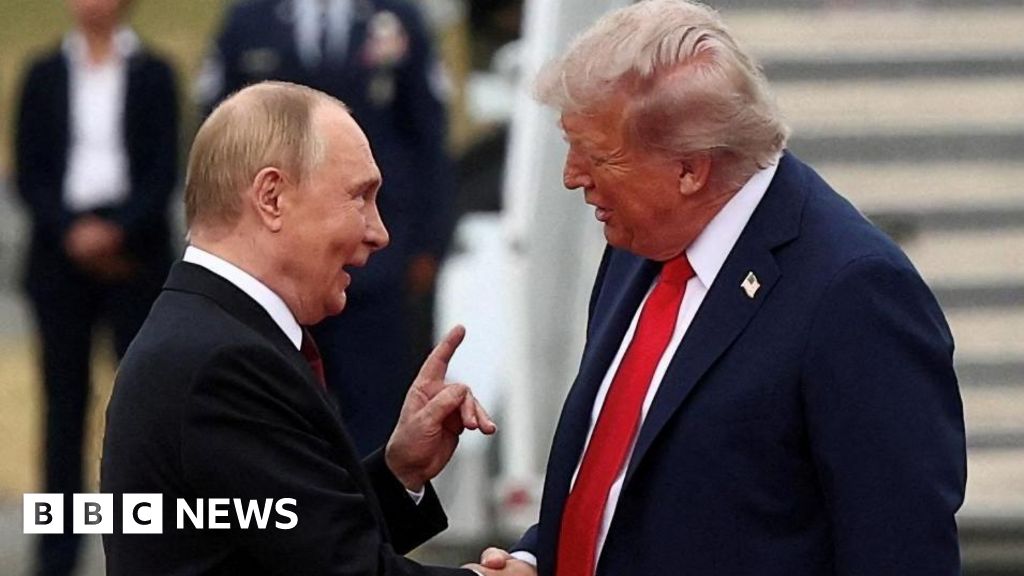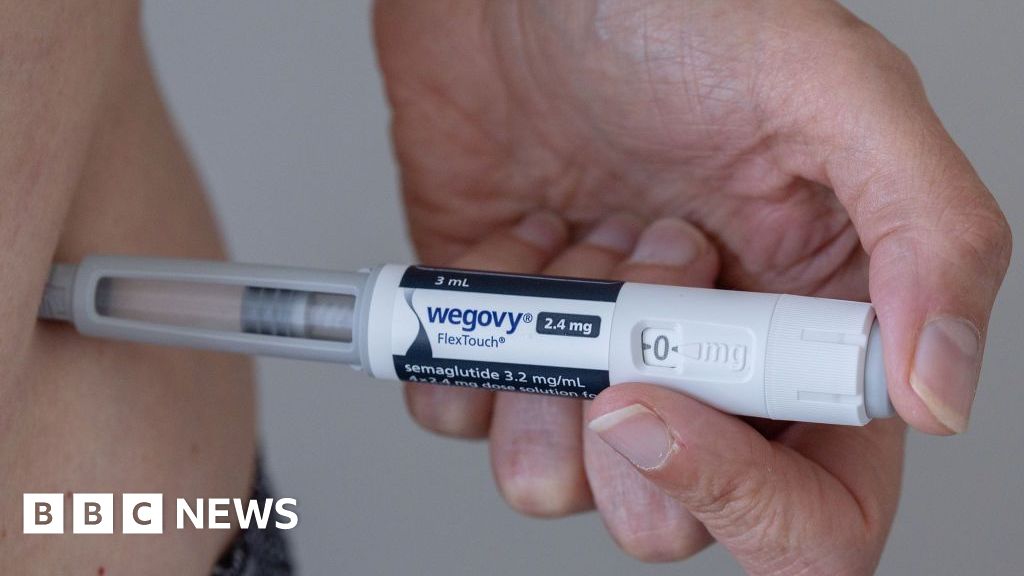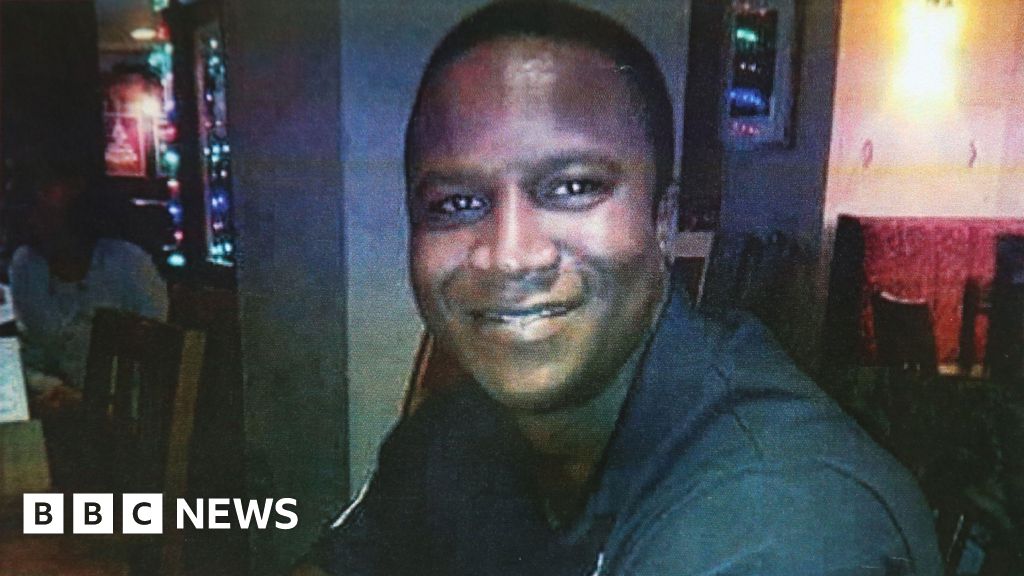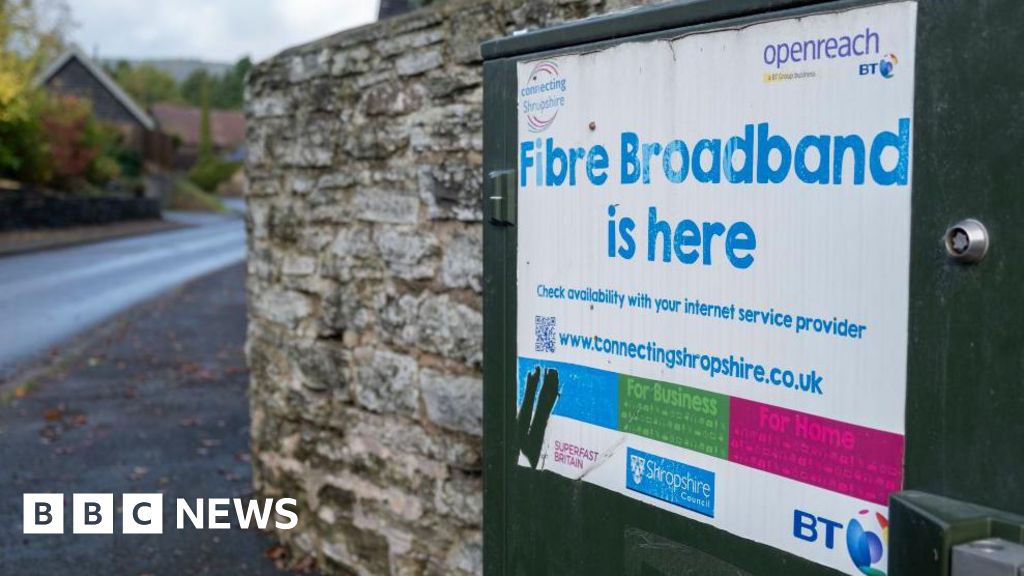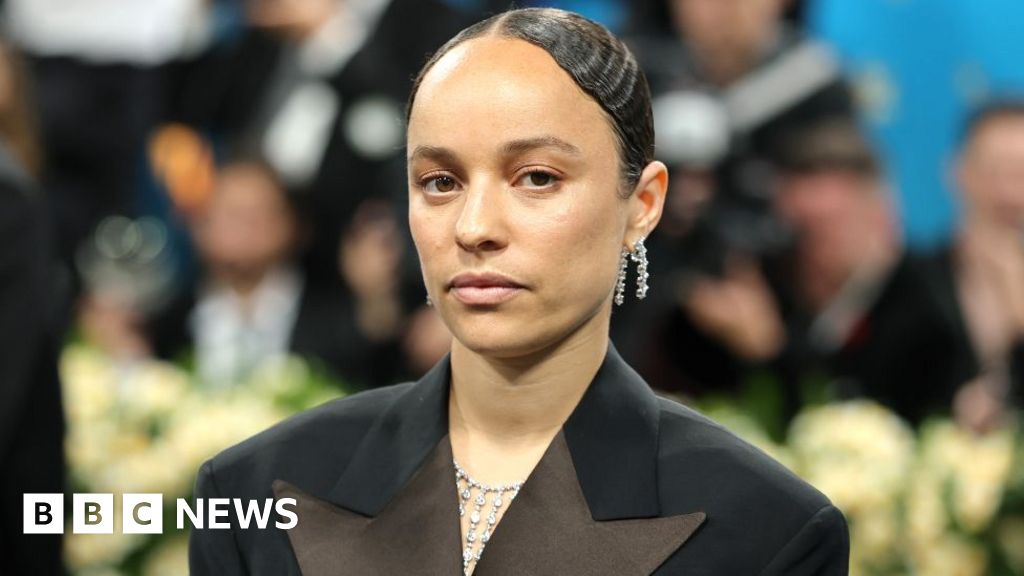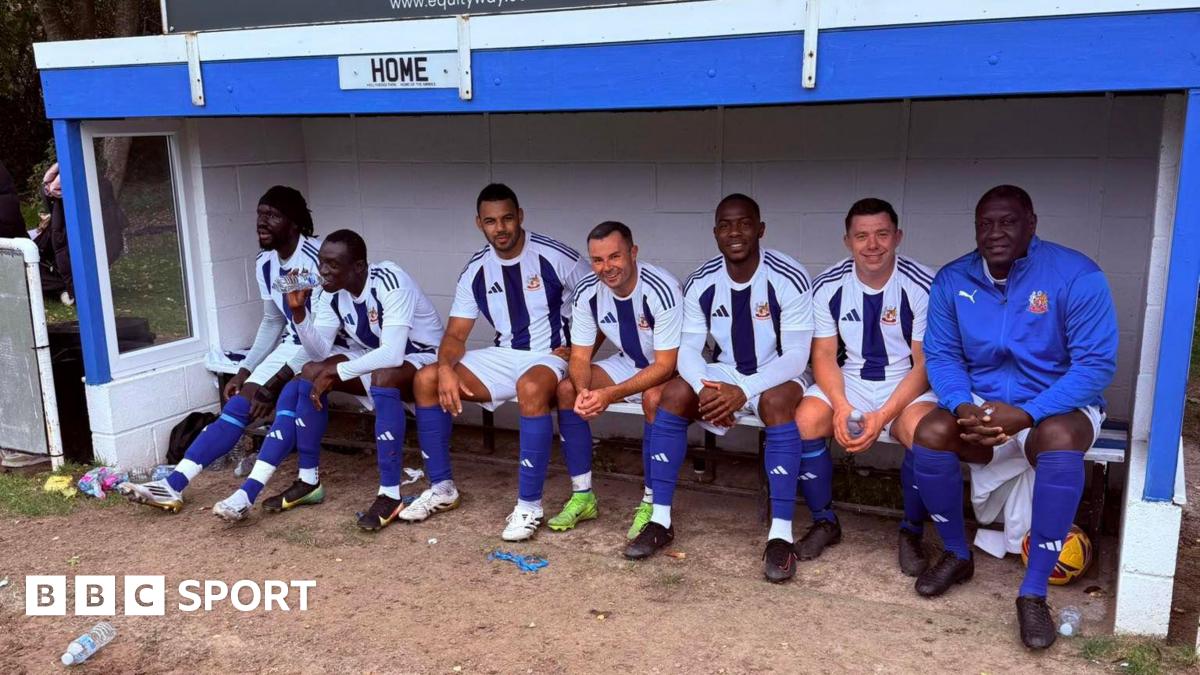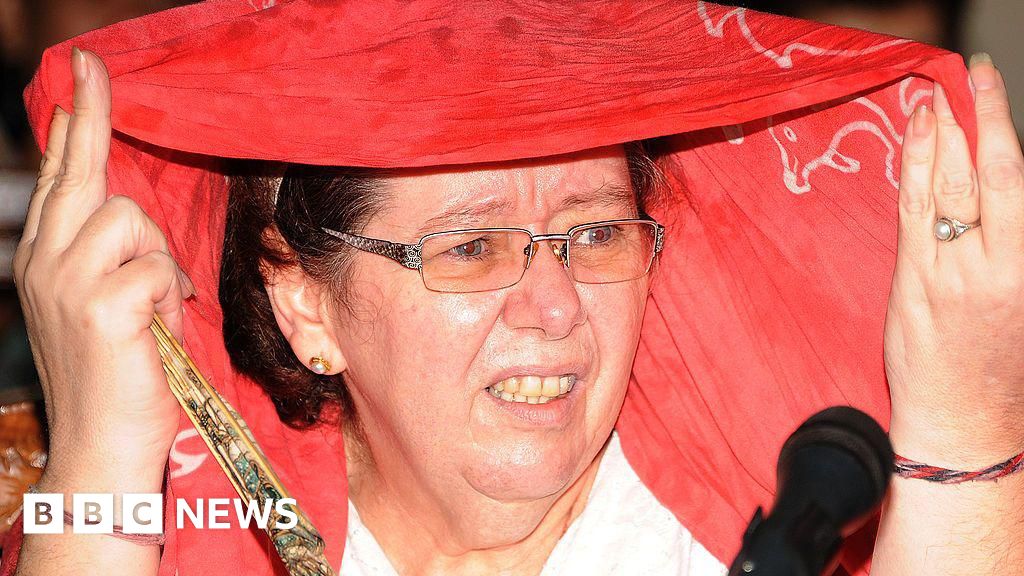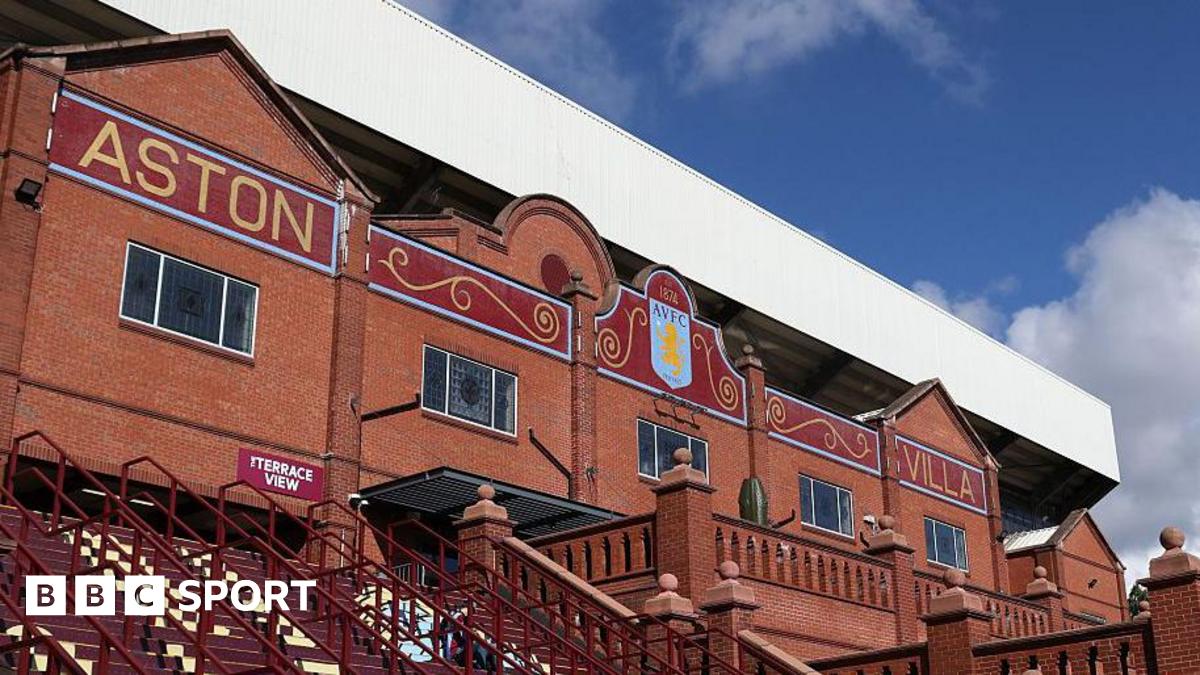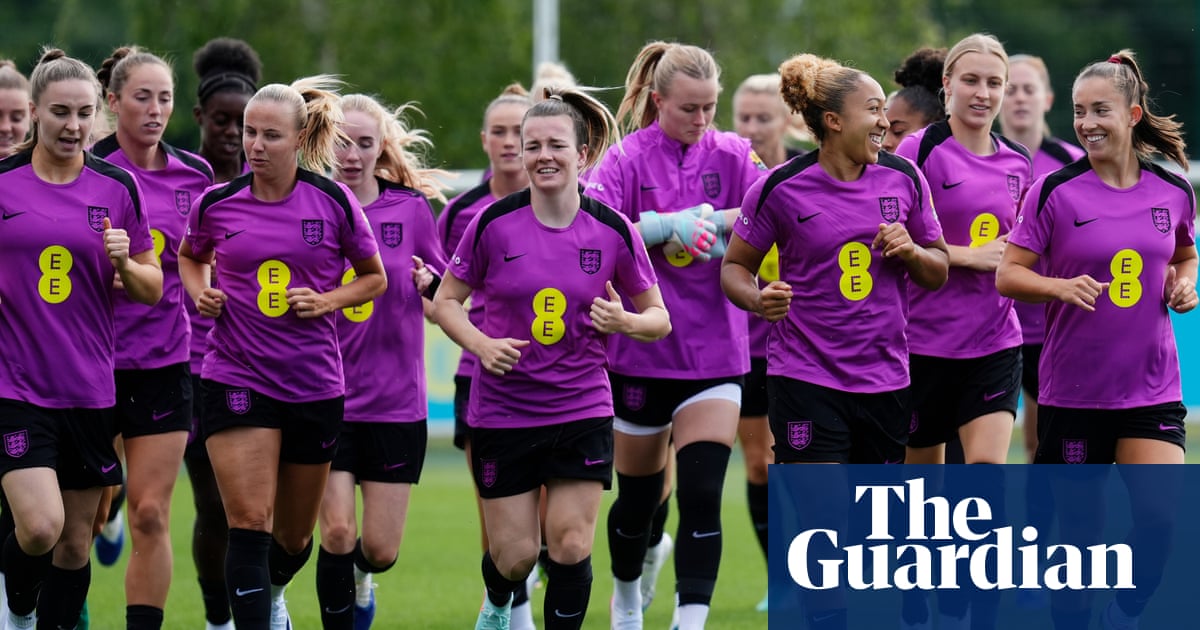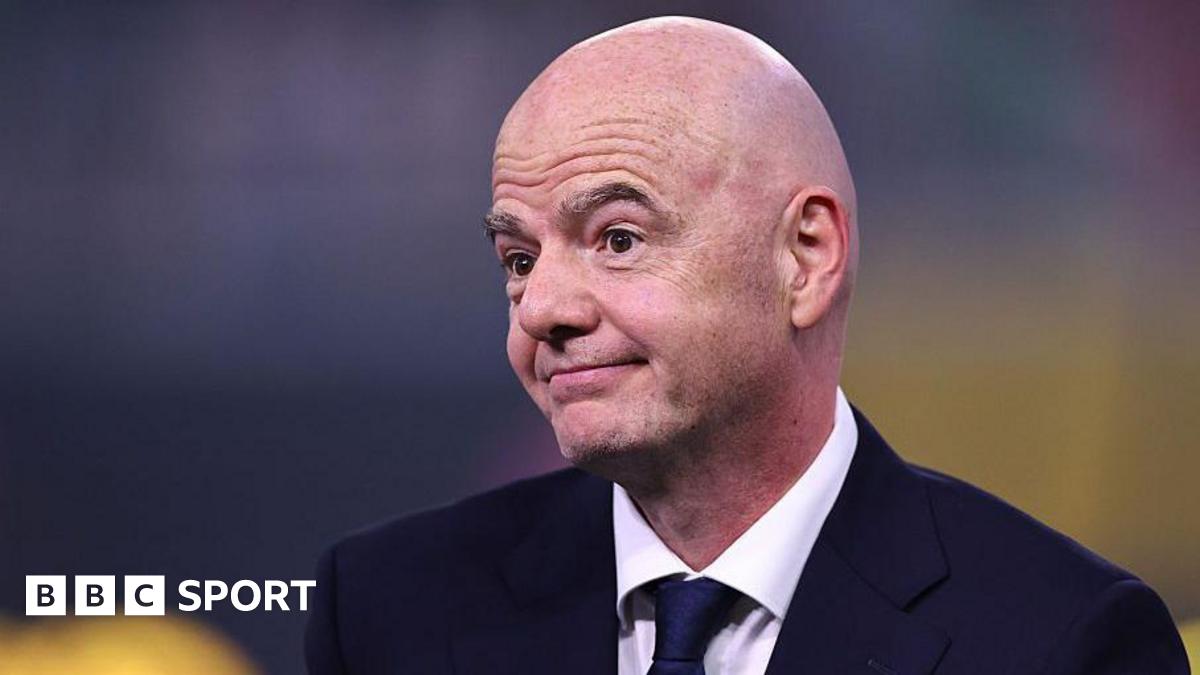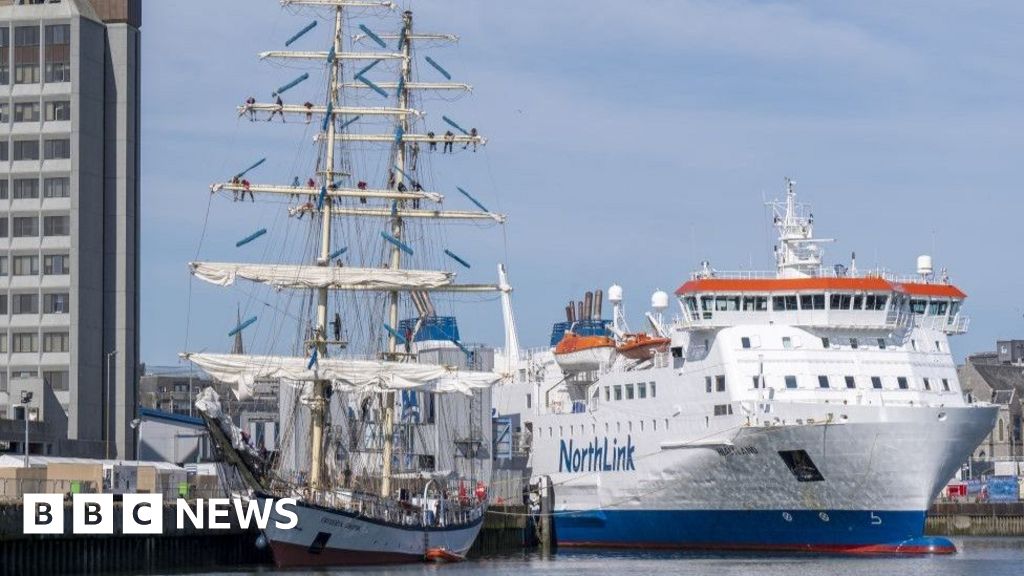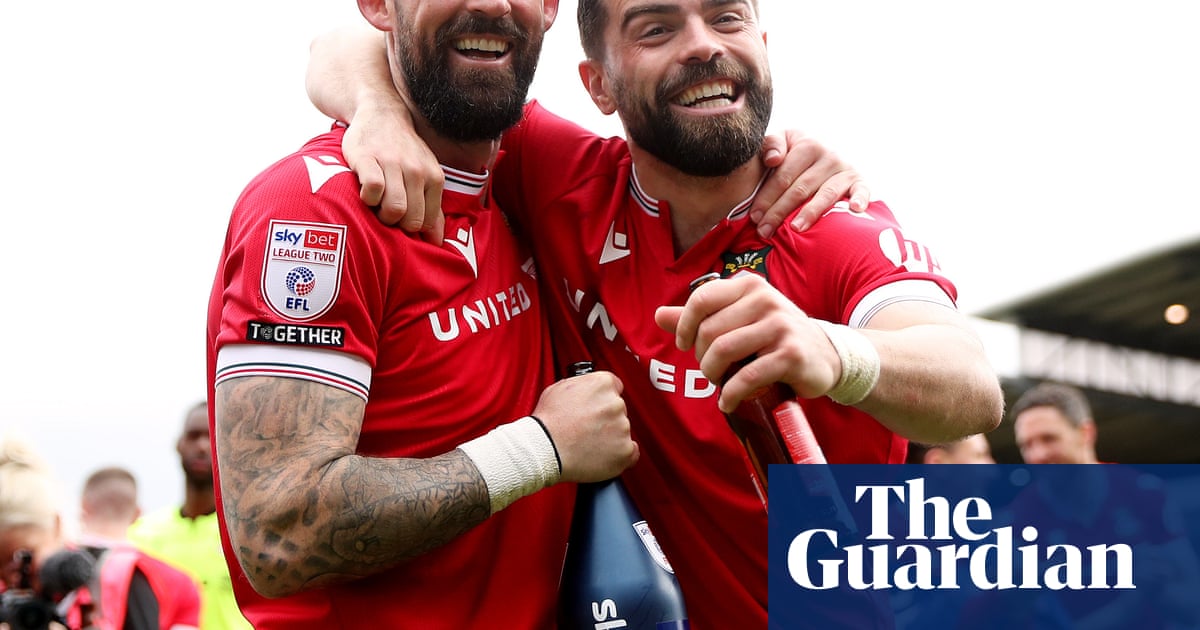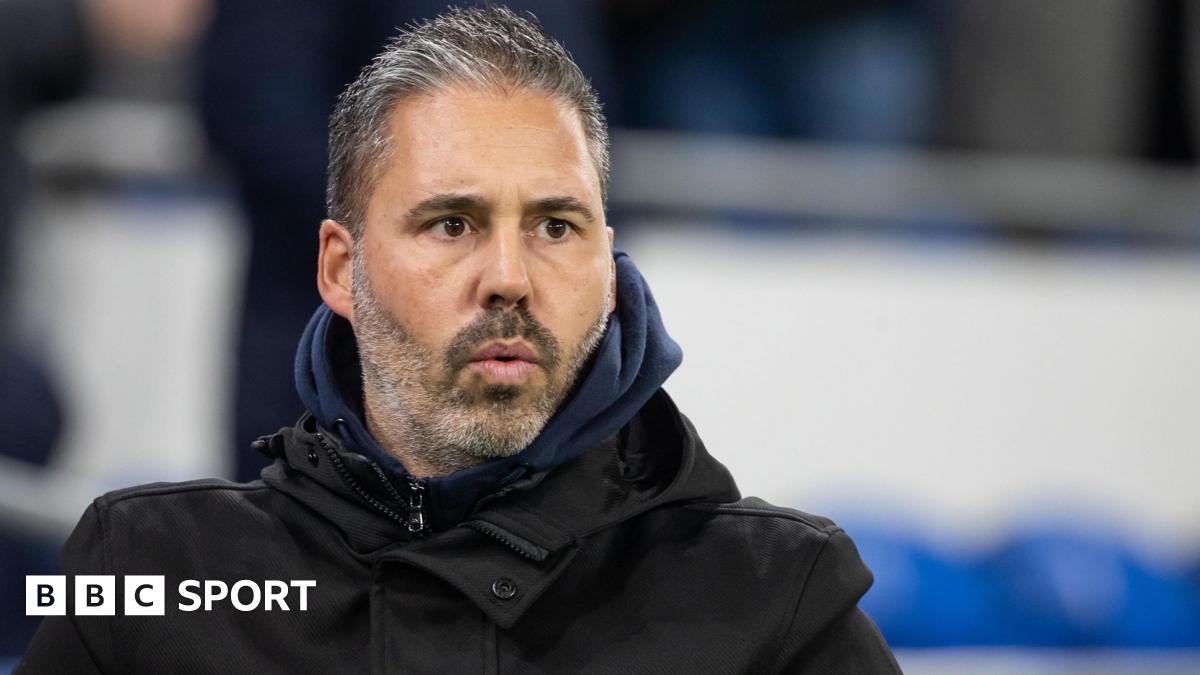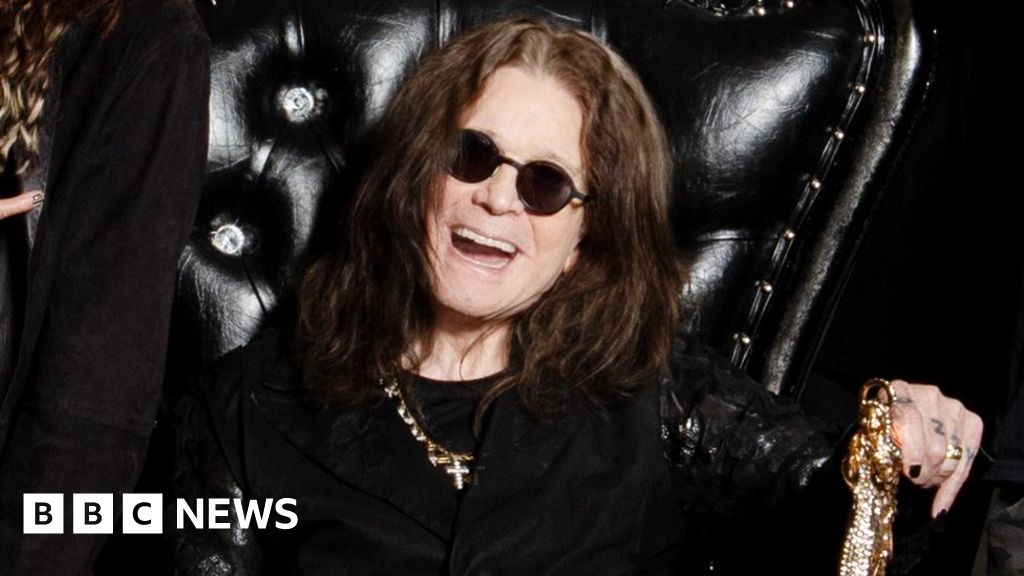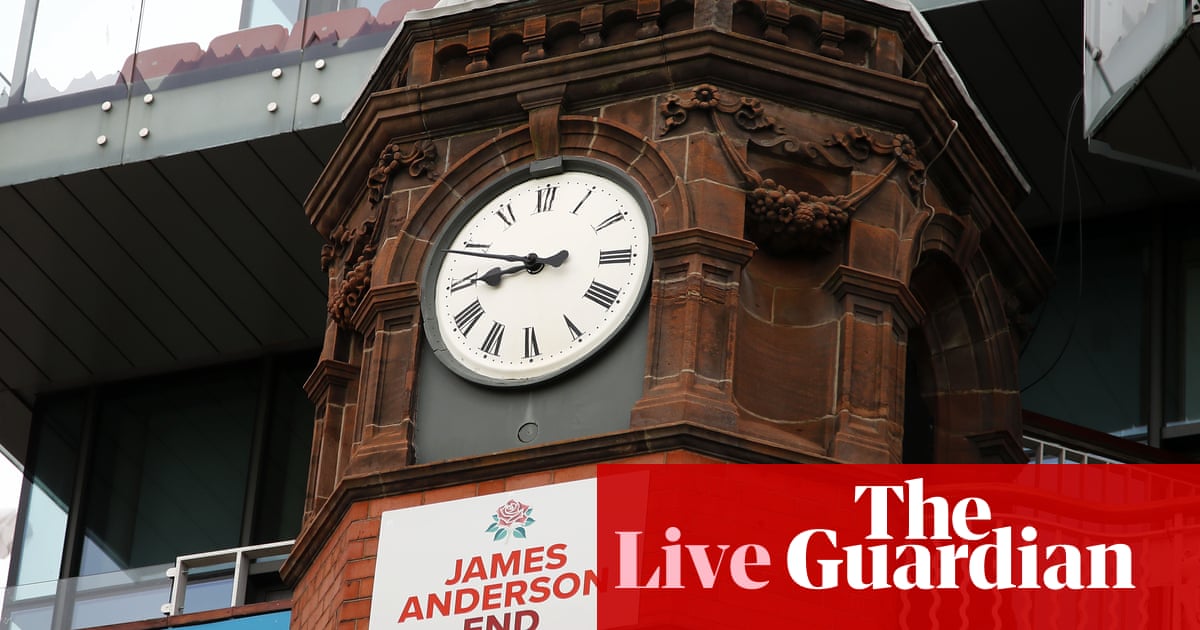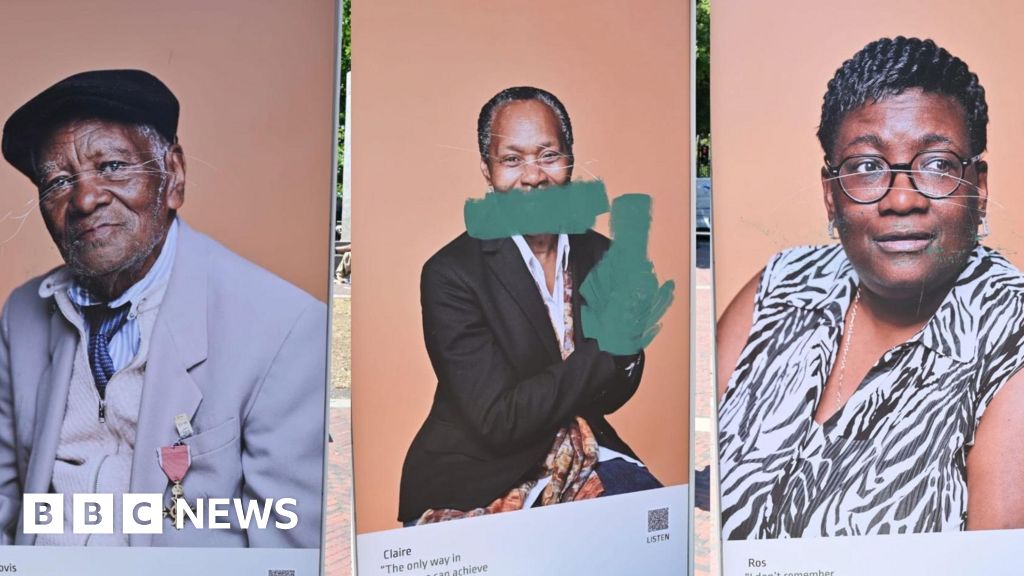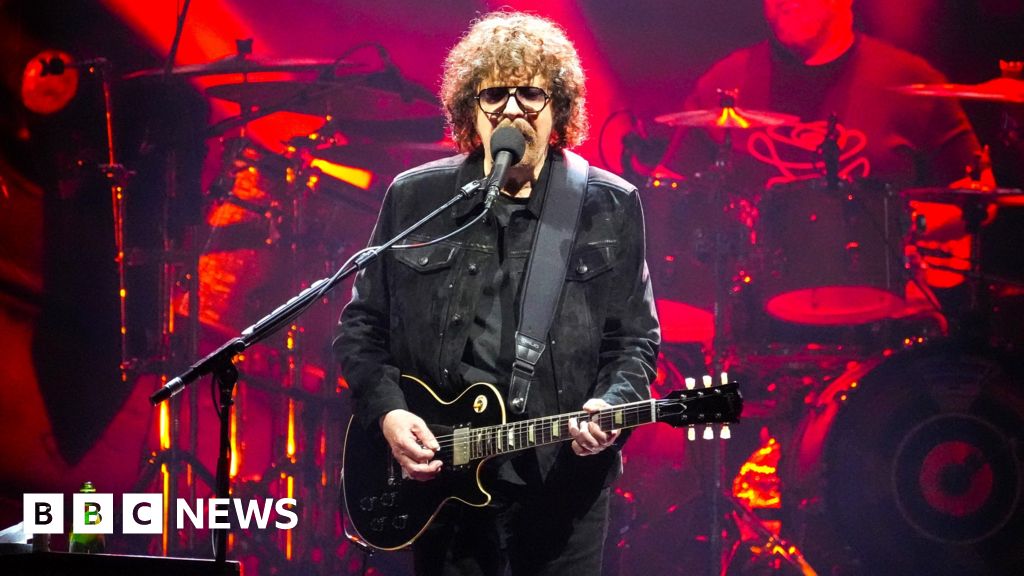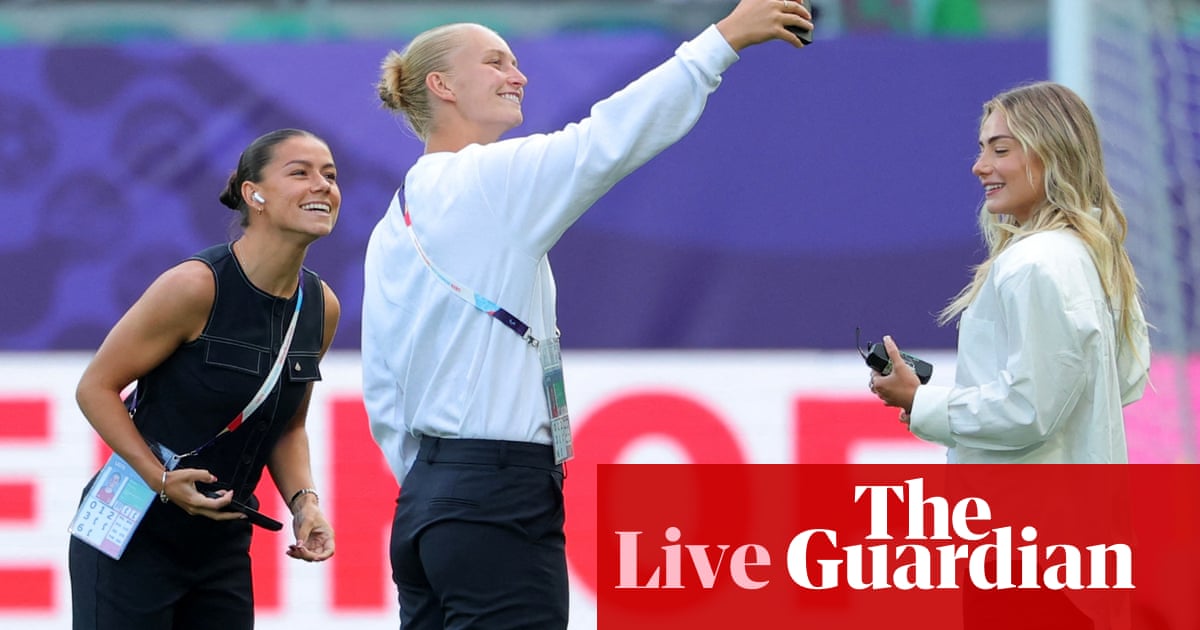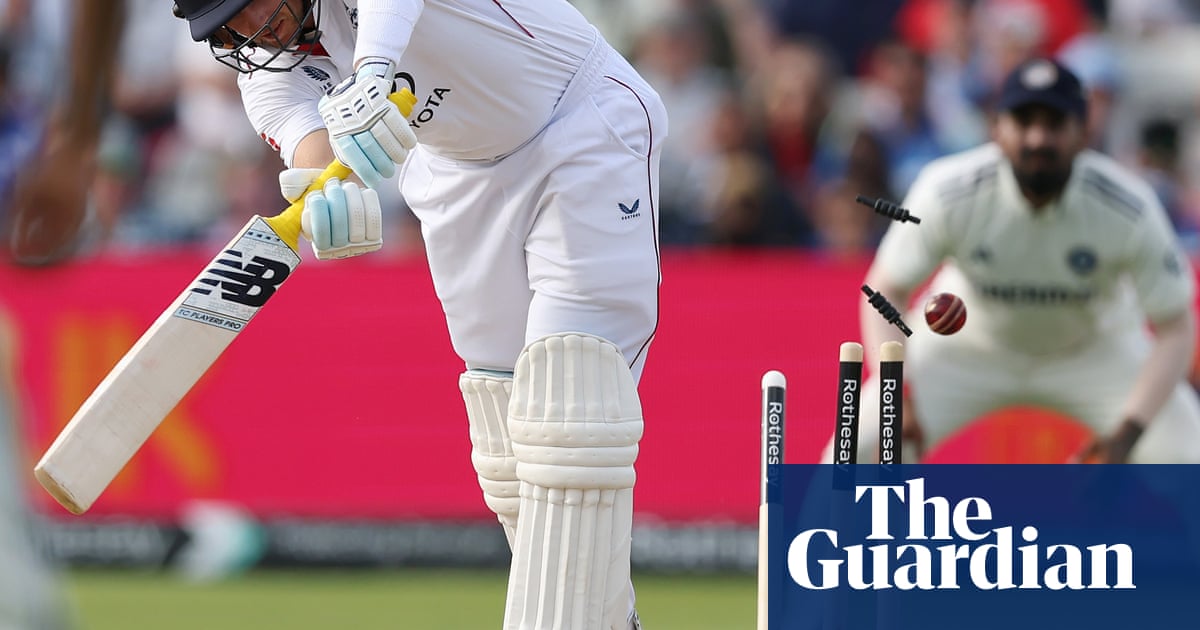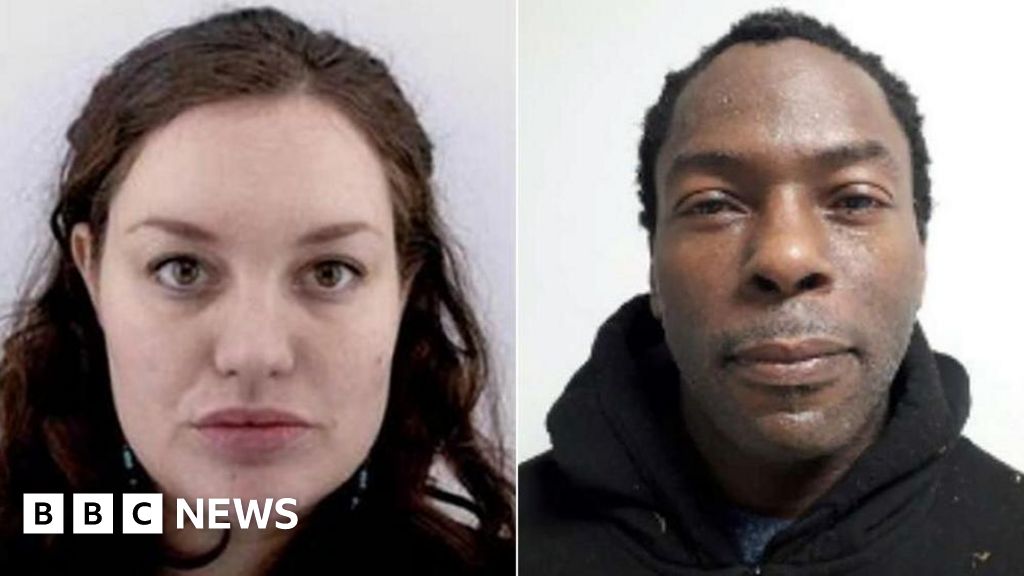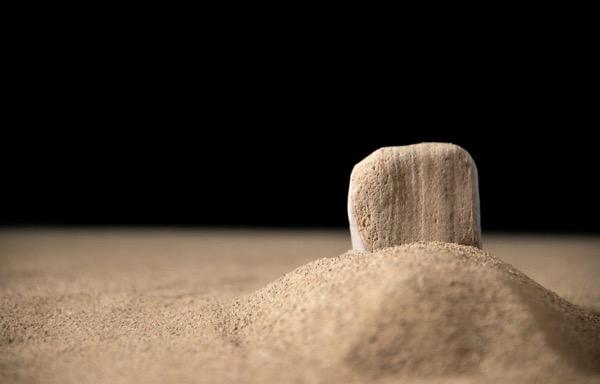Vanessa ClarkeEducation reporter

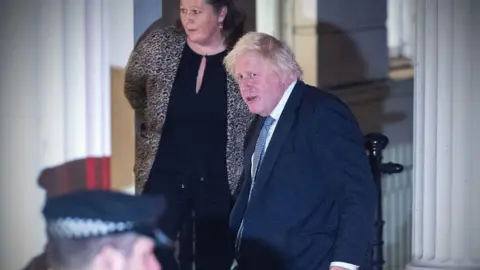 Getty Images
Getty Images
Boris Johnson arrived at the Covid Inquiry before the sun came up on Tuesday morning.
Papers in hand, he came ready to answer questions on the decisions he made during the pandemic that directly impacted children.
The biggest one was on school closures.
The responsibility for all the decisions made were his, the former prime minister began, apologising for the things he got wrong.
Closing schools for him was a "personal horror" and a "nightmare idea".
"I thought it would have done a lot of damage to people to the life chances of people," he said.
But it seemed like the only option at the time.
Many of the questions he was asked on Tuesday were on the planning that went into the shutting of schools.
Over the last few weeks, the inquiry has heard plenty of criticism of the fact that the plan to close schools was not pulled together until the night before it was announced in March 2020.
It's been called "an extraordinary dereliction of duty". The former children's commissioner described chaotic scenes around that decision-making in her own evidence to the inquiry.
The planning around school closures was vitally important, because it outlined who would be allowed in to school, who was classed as vulnerable, how free school meals would work, how remote learning would be scaled up, and plenty more besides.
When the former education secretary, Gavin Williamson, was asked questions about this last week, he said government policy was to keep schools open and all the key decisions were being taken within Number 10.
Today, Boris Johnson said he thought the Department for Education (DfE) would have picked up from discussions that were going on from February onwards that the closure of schools was a possibility. He suggested it was clear there was work to be done, and it was "surprising" there was no plan ready at the time.

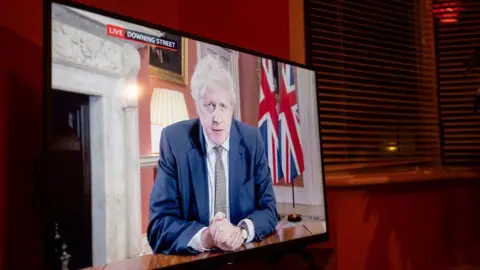 Getty Images
Getty Images
The former PM also suggested he regretted not doing separate media briefings just for children
The inquiry has also heard about the huge effort to set up Covid testing in schools before January 2021, in an attempt to allow them to stay open. Many teachers worked over Christmas 2020 to make it work, and the DfE had been clear that it would.
But a decision was made to close schools late on 4 January 2021 - the same day pupils had first returned after the Christmas holidays.
Johnson said this was a low moment, describing how he could see "the cavalry coming over the hill" - the vaccines which would eventually turn the tide of the pandemic, but which had not arrived quickly enough to prevent more disruption to children's lives.
He said he was sorry to teachers for all their efforts on getting mass testing up and running, but said that plan was ultimately defeated by the alpha mutation which accelerated the spread of Covid.
Elsewhere on Tuesday, Johnson was challenged on the exam results of August 2020, which were first awarded by putting teachers' grades into an algorithm designed to prevent grades becoming inflated, but which instead downgraded 40% of them.
It was a "disaster", Johnson said, and "plainly let a lot of kids down" before the government U-turn which saw pupils get their original teacher-assessed grades.
Johnson was in a "homicidal mood" after the debacle, he said. One message he sent to advisers at the time suggested ministers at the DfE should be sacked.
This was Johnson's second and final appearance at the inquiry. His first, in December 2023, was for the session looking directly at political governance at the time. The fact he's back now highlights the importance they are giving to the impact the pandemic had on children and the lessons that need to be learned.
When asked about the lockdowns and the restrictions that were put in place on children, Johnson conceded that they were very hard on children.
The experiences of children spending a lot of time online, some in troubled families behind closed doors, others left with serious mental health implications, have become painstakingly clear through the evidence of the last few weeks.
Johnson said that, looking back on it all - the intricacy of the rules of six, the complexity of other lockdown and social distancing rules, particularly for children - "I think we probably did go too far".
"It was far too elaborate. Maybe we could have a found a way of exempting children," he said.
These are all points that Baroness Heather Hallett, who is the chair of the inquiry, will be paying particular attention to when she comes to her final report, and the question of what could possibly be done differently if it were ever to happen again.
.png)
 5 hours ago
3
5 hours ago
3
